
Family Vacations & Your Mental Peace: Strategies for Stress-Free Summer Travel
Family Vacations & Your Mental Peace: Strategies for Stress-Free Summer Travel By: Rane Wallace, MS, LPC, LCDC, SAP Of course, traveling with your family is

Being well into our second year of a global pandemic, it’s probably no surprise to hear that our stress, burnout, and anxiety levels are at an all-time high. Whether it be from work overload, financial struggles, unstable relationships, or something else entirely, Geek Health Journal reported that approximately 33% of people describe themselves as feeling very stressed.
In the United States alone, 75-90% of healthcare visits have some sort of connection to stress. Additionally, 77% of people encounter physical health problems because of stress. And 48% of people suffer sleep problems that are caused by stress.
While our stressors all come from different places and circumstances, there is no denying that feelings of anxiety profoundly impact us all.
If you’re struggling to manage your stress, Fort Wellness Counseling can help. As one of the best therapists in Fort Worth, we’ve helped hundreds of people achieve the stress-free (or stressed-less) life they’ve always wanted.
Today’s blog post is revealing our top tips and coping skills for anxiety and stress management. Keep reading for proven strategies and techniques to help regain control of your life.
Numerous studies show that moving your body consistently can help reduce the amount of stress you feel. Just 2 days of aerobic exercise per week can significantly boost your mood and reduce any stress caused by uncertainty.
Of course, this might sound daunting if you’re currently inactive. However, you can take things slow and start by walking or biking a few days per week. Make sure to choose an exercise that you enjoy, that way you’ll be more inspired to stick with it long-term.
Your diet affects every single aspect of your well-being, including your mental health. Studies demonstrate that people who eat a lot of high-processed foods and added sugar are more likely to experience high-stress levels. Therefore, I recommend filling your diet with nutrient-dense foods. That way, you’re guaranteed to get enough of the stress and mood-regulating nutrients (specifically, Magnesium and B vitamins). Consider doing a nutrition consultation at Restore + Revive in Fort Worth – They do great work.
In today’s day and age, digital screens are everywhere. Heck, you’re even using one to read this article. However, numerous studies have linked excessive smartphone use — aka “iPhone addiction” — with elevated stress levels and mental health problems. Therefore, to combat heightened stress levels, pay attention to how much time you spend staring at a screen and make a conscious effort to minimize it. You might find an app that limits screen time to be helpful.
Some vitamins and minerals play an integral role in our body’s stress responses and mood regulation. Therefore, a vitamin deficiency might negatively affect your mental health. Magnesium, B vitamins, Rhodiola, ashwagandha, and L-theanine have all been shown to help reduce stress, so supplementing with them is one of my top tips for anxiety and stress management.
As human beings, we all need to set time aside to take care of ourselves. Naturally, this is going to mean different things to different people. However, I’ve included a few popular self-care practices that you can try:
Caffeine is a popular stimulant found in coffee, tea, chocolate, and energy drinks. While most Americans rely on caffeine to stay alert, consuming too much might worsen your feelings of anxiety. To keep those feelings in check, healthy adults should keep their caffeine intake under 400 mg per day (or about 4 cups of coffee).
Humans are social beings! Therefore, we need to spend time in the community to feel our best. If you’re struggling with overbearing feelings of stress and anxiety, try seeking support from friends and family.
A strong communal support system is necessary for maintaining your overall mental health. If you don’t have many friends or family nearby, consider joining a club, sports team, or religious community. You can also talk with a professional mental health therapist to work on problems related to stress and anxiety.
This is hard for many people, people pleasers especially. However, it’s an incredibly important practice. While not all stressors are within your control, some are. Therefore, it’s vital that you learn how to set boundaries and say no to things that are too much to handle. If not, stress and anxiety will be continue to build up.
Taking control over your personal life is a terrific way of reducing stress and anxiety and protecting your mental health. Be selective about the things you choose to take on and create boundaries (especially with people who elevate your stress level).
Unsure how to go about this? Well, that’s what I’m here for. As a licensed counselor, I have helped hundreds of clients take back control of their lives by creating boundaries and prioritizing their well-being. Contact our team or schedule an appointment today if you’re interested in doing the same.
Procrastination is another common cause of elevated stress levels. Therefore, implementing time management techniques is a fantastic way of managing anxiety and reducing stress.
If you would classify yourself as a procrastinator, it might help to write to-do lists that set realistic deadlines. Consider what needs to be done today and allow yourself a set chunk of time to do it. Constantly switching between tasks and multitasking will just add to your stress, so try and focus on one thing at a time.
Again, if you’re not sure how to realistically implement this, schedule a counseling session at Fort Wellness Counseling today. I would be more than happy to work with you on your procrastination and equip you with the tools and techniques to accomplish real, long-term change.
While stress and anxiety affect a multitude of people, there are ways to cope. Hopefully, after trying some of these top tips for anxiety and stress management, you’ll find some relief from your burden.
Already tried some of these strategies and are still facing overwhelming stress and anxiety? Don’t worry, that’s where we come in. Our Fort Worth anxiety therapists are here to help you in providing specialty counseling services tailored to you. Instead of simply typing ‘best therapist near me in Dallas-Fort Worth’ into your search bar, contact us today. You can also discover where to find a therapist.
Together, we’ll reduce your feelings of stress and anxiety and take back control of your life. Book your appointment today.

Family Vacations & Your Mental Peace: Strategies for Stress-Free Summer Travel By: Rane Wallace, MS, LPC, LCDC, SAP Of course, traveling with your family is

Mental Health 101: Debunking Common Myths By: Rane Wallace, MS, LPC, LCDC, SAP Every May, Mental Health Awareness Month raises awareness and advocacy for people

Medical Trauma: Understanding and Healing from Difficult Healthcare Experiences By: Rane Wallace, MS, LPC, LCDC, SAP Over the years, I’ve come to understand that for

Social Media Depression: Beyond FOMO to Algorithm-Induced Mood Change By: Rane Wallace, MS, LPC, LCDC, SAP I’ve seen this happen so many times with patients,

How to Wind Down at Night: Simple Sleep Hygiene Tips By: Rane Wallace, MS, LPC, LCDC, SAP Sleep hygiene might sound like a fancy term,

Pregnancy and Postpartum Anxiety Treatment in Fort Worth By: Rane Wallace, MS, LPC, LCDC, SAP Have you or a loved one experienced anxiety during pregnancy

Breaking the ‘New Year, New Me’ Mindset: A Guide to Sustainable Change By: Rane Wallace, MS, LPC, LCDC, SAP In my years as a therapist,

How to Support a Partner with Chronic Illness: A Mental Health Perspective By: Rane Wallace, MS, LPC, LCDC, SAP Living with a chronic illness can

EMDR for Attachment Issues: Building Healthy Relationships By: Rane Wallace, MS, LPC, LCDC, SAP When you hear “EMDR therapy” (Eye Movement Desensitization and Reprocessing), you

How to Deal with a Narcissistic Partner By: Rane Wallace, MS, LPC, LCDC, SAP Do you ever feel like your partner thinks they’re better than

How to Recover from Burnout By: Rane Wallace, MS, LPC, LCDC, SAP Burnout is a common struggle in today’s fast-paced world. Life’s relentless demands can

The Benefits of Attending Couples Counseling By: Rane Wallace, MS, LPC, LCDC, SAP There’s a misconception about couples counseling – that it signals the end

Things to Know About Individual Counseling in Fort Worth, TX By: Rane Wallace, MS, LPC, LCDC, SAP May is Mental Health Awareness Month, a good

Everything You Need to Know About EMDR Therapy By: Rane Wallace, MS, LPC, LCDC, SAP Have you heard about EMDR therapy and want to learn

What is Nature Therapy? (And Why You Should Be Doing It!) By: Rane Wallace, MS, LPC, LCDC, SAP Let’s face it: there’s just something about
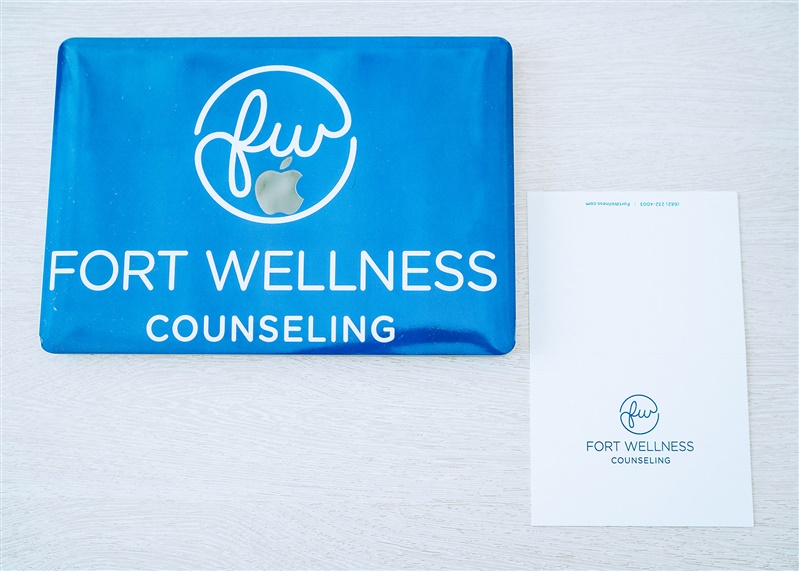
The Benefits of Virtual Therapy in Texas By: Rane Wallace, MS, LPC, LCDC, SAP Technology is changing everything, and healthcare is no different! Thanks to

How to Get Over a Breakup By: Rane Wallace, MS, LPC, LCDC, SAP Breaking up with a romantic partner is painful – no matter the reason

How to Set New Year’s Resolutions By: Rane Wallace, MS, LPC, LCDC, SAP How to Set New Year’s Resolutions Setting goals gives us a sense
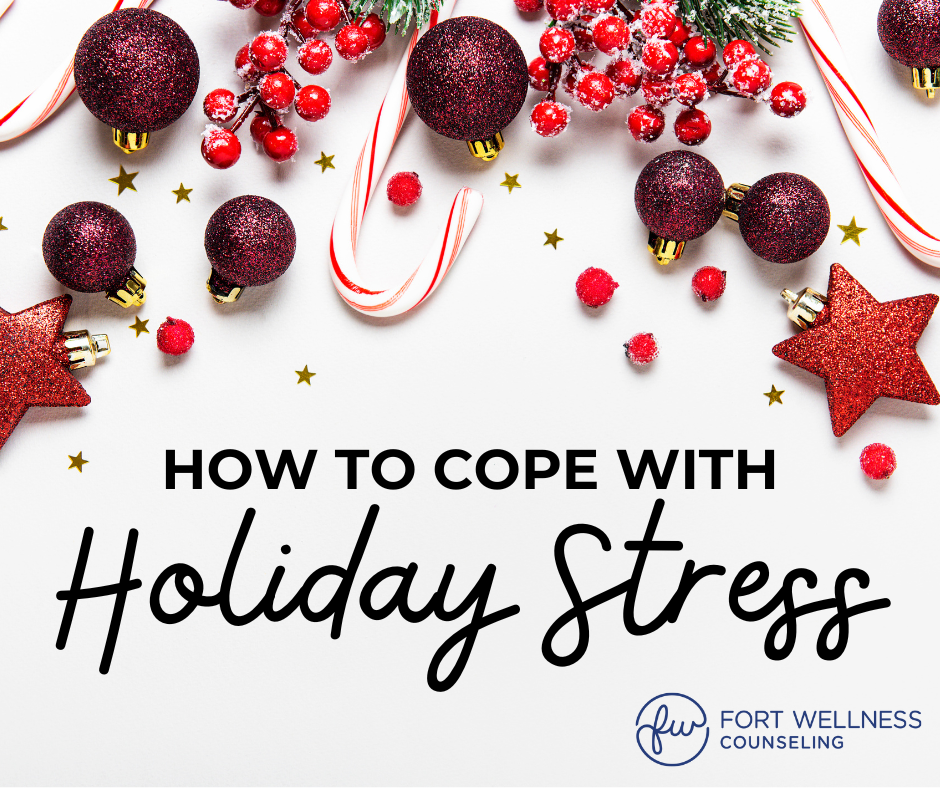
How to Cope with Holiday Stress By: Rane Wallace, MS, LPC, LCDC, SAP Say No to Prevent Burnout There are an abundance of obligations that

Trauma Therapy in Fort Worth: Types, Benefits & More By: Rane Wallace, MS, LPC, LCDC, SAP Believe it or not, an estimated 60% of men

How to Communicate Better in Relationships By: Rane Wallace, MS, LPC, LCDC, SAP Whether with coworkers or your significant other, the ability to communicate effectively

How to Prevent Seasonal Affective Disorder (SAD) By: Rane Wallace, MS, LPC, LCDC, SAP If you’re struggling with winter blues, know you’re not alone. SAD

What is a Functioning Alcoholic? By: Rane Wallace, MS, LPC, LCDC, SAP When someone is deemed a ‘high-functioning alcoholic,’ they’re able to carry out daily

How to Help Yourself – And Others – with Suicidal Ideation By: Rane Wallace, MS, LPC, LCDC, SAP September is Suicide Awareness Month. And while

32 Questions to Strengthen Your Relationship By: Rane Wallace, MS, LPC, LCDC, SAP When was the last time you had a meaningful conversation with your

The Fawn Response: How Trauma Can Lead to People Pleasing By: Rane Wallace, MS, LPC, LCDC, SAP Do you often find yourself putting the needs

How to Overcome ‘Hangxiety’ (Post-Drinking Anxiety) By: Rane Wallace, MS, LPC, LCDC, SAP Thought the consequences of drinking heavily were merely physical? Unfortunately, you’ll have

What is Box Breathing? Plus Tips for Beginners By: Rane Wallace, MS, LPC, LCDC, SAP Ever heard of box breathing? This popular relaxation technique involves

Do Mindfulness Exercises for Anxiety Work? By: Rane Wallace, MS, LPC, LCDC, SAP Do mindfulness exercises for anxiety work? If you (or people in your

What is Trauma Bonding? 4 Warning Signs By: Rane Wallace, MS, LPC, LCDC, SAP If you’ve ever been in an abusive relationship and felt bonded

Why Do We Cry? 4 Reasons and Crying Benefits By: Rane Wallace, MS, LPC, LCDC, SAP There’s no getting around it – crying is part

What Is Habit Stacking? (And How to Do It) By: Rane Wallace, MS, LPC, LCDC, SAP Supporting our mental health is one of those goals

5 Tips for Living with Someone with OCD By: Rane Wallace, MS, LPC, LCDC, SAP While living with OCD (obsessive-compulsive disorder) can be demanding, living

What is Assertive Communication? By: Rane Wallace, MS, LPC, LCDC, SAP So, what is assertive communication? Well, in a nutshell, this communication style aims to

PTSD Counseling in Fort Worth: Proven Coping Strategies By: Rane Wallace, MS, LPC, LCDC, SAP For those who didn’t already know, post-traumatic stress disorder (PTSD)

Brainspotting vs. EMDR: What’s the Difference? By: Rane Wallace, MS, LPC, LCDC, SAP According to the National Council for Mental Wellbeing, 70% of American adults

Mindfulness Exercises to Strengthen Your Recovery By: Rane Wallace, MS, LPC, LCDC, SAP Are you recovering from alcohol and/or substance abuse? Self-improvement is a life-long

How to Find a Counselor in Fort Worth By: Rane Wallace, MS, LPC, LCDC, SAP Are you considering therapy? If so, finding a counselor in

How To Not Be Codependent In A Relationship By: Rane Wallace, MS, LPC, LCDC, SAP Wondering how to not be codependent in a relationship? Sometimes

What is Parental Anxiety? Coping Tips from a Therapist By: Rane Wallace, MS, LPC, LCDC, SAP Every parent wants to shield their child from danger

What is EMDR Therapy? By: Rane Wallace, MS, LPC, LCDC, SAP Ever heard of eye movement desensitization and reprocessing therapy? More commonly known as EMDR,

8 Proven Tips to Sleep Better at Night (and Improve Your Mental Health) By: Rane Wallace, MS, LPC, LCDC, SAP Struggling with restless nights and
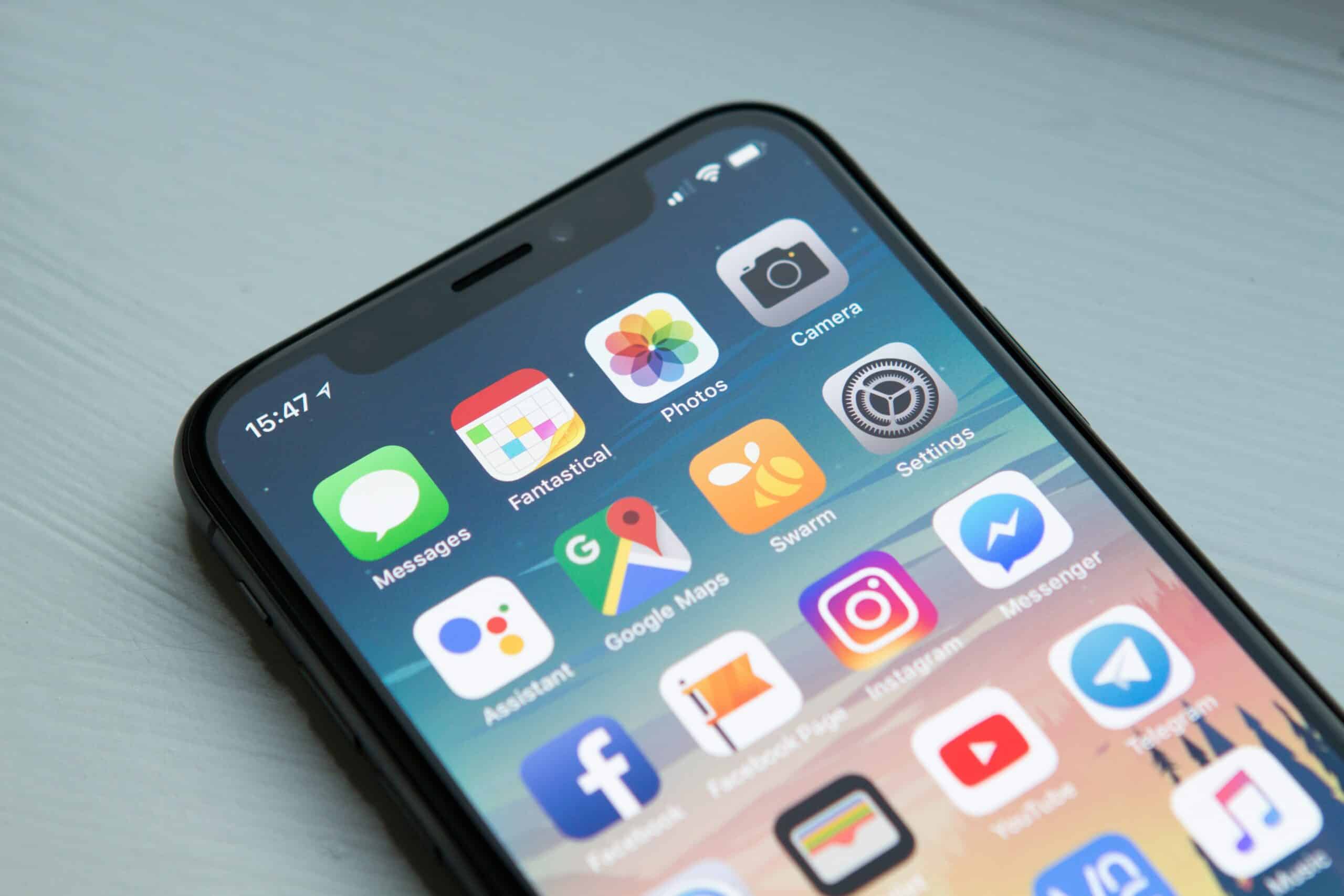
How to Have a Healthy Relationship with Social Media By: Rane Wallace, MS, LPC, LCDC, SAP In today’s world, there’s no escaping the presence of

What Is The Goal of Psychotherapy? By: Rane Wallace, MS, LPC, LCDC, SAP Have you been considering psychotherapy? The start of a new year is

What is Brainspotting Therapy? By: Rane Wallace, MS, LPC, LCDC, SAP Brainspotting therapy is a kind of alternative therapy that is gaining immense popularity in

Healing After an Affair: 7 Strategies for Affair Recovery Rane Wallace, MS, LPC, LCDC, SAP It doesn’t matter who you are – working through an

12 Benefits of Gratitude By: Rane Wallace, LPC, LCDC, SAP With Thanksgiving coming to a close, we thought it was fitting to explore the link

How to Avoid Seasonal Depression By: Rane Wallace, MS, LPC, LCDC, SAP Daylight savings has officially come and gone. For most of us, this means

Top 10 Ways for How To Keep Your Relationship Strong and Healthy By: Rane Wallace, MS, LPC, LCDC, SAP Relationships can be tricky whether you’re
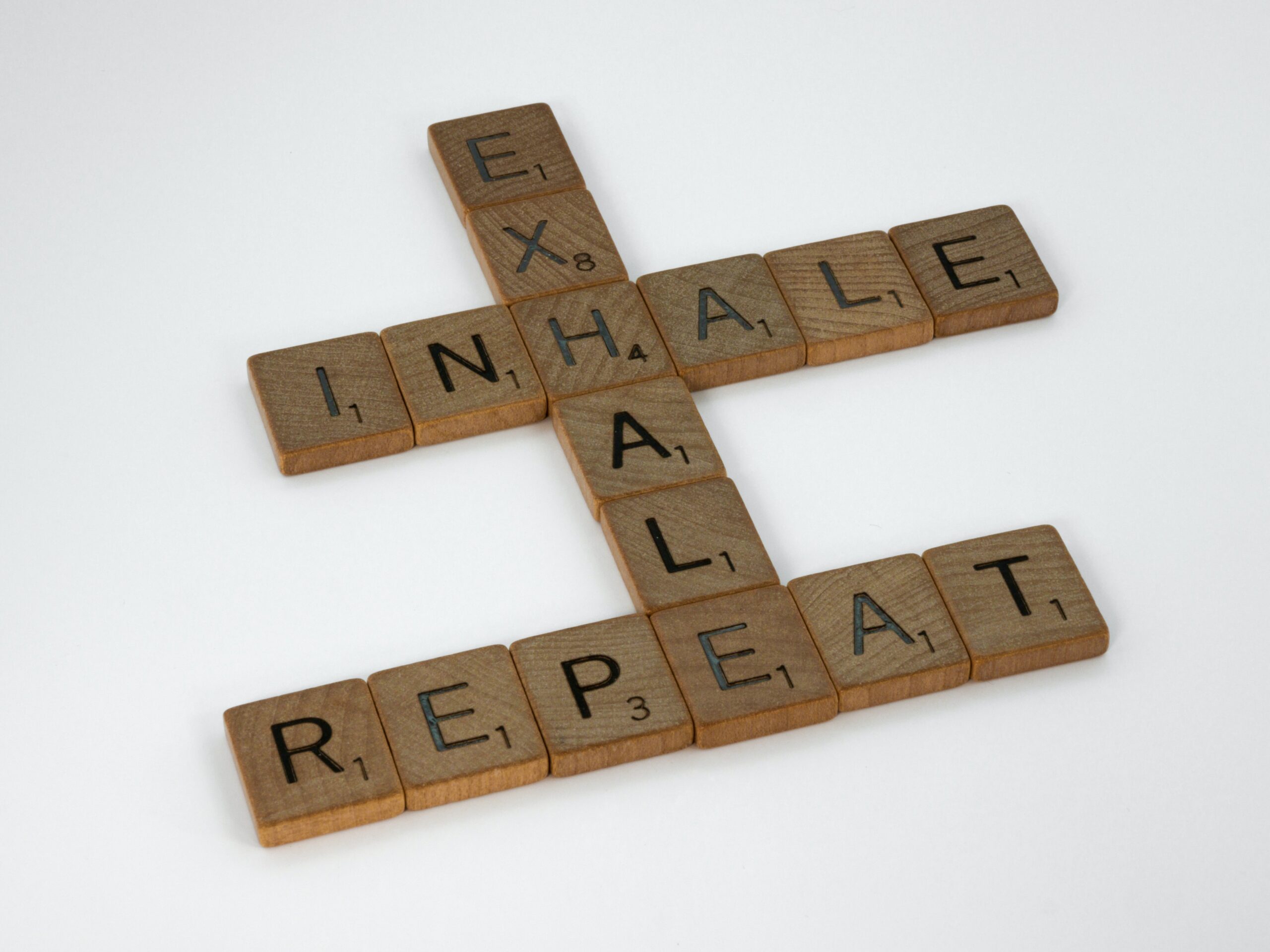
10 Best Ways to Calm Yourself Down Rane Wallace, MS, LPC, LCDC, SAP When we’re navigating social media, complex relationships, and performance pressures, it’s easy

How to Set Boundaries Between Family Members By: Rane Wallace, MS, LPC, LCDC, SAP Learning how to set boundaries between family members is imperative. From

Understanding the Quarter-Life Crisis By: Rane Wallace, MS, LPC, LCDC, SAP You’ve probably heard of the ominous mid-life crisis, right? Having been stereotyped in plenty

Am I An Alcoholic? 6 Warning Signs of Alcoholism By: Rane Wallace, MS, LPC, LCDC, SAP Be honest, what comes to mind when you think

Top Coping Skills for Anxiety and Stress Management By: Rane Wallace, MS, LPC, LCDC, SAP Being well into our second year of a global pandemic,

5 Self-Care Journaling Prompts for Mental Health By: Rane Wallace, MS, LPC, LCDC, SAP In the world we live in today, mental health struggles are

What to Do While You Wait for Counseling By: Rane Wallace, MS, LPC, LCDC, SAP From problems with anxiety to depression to addiction problems, there

What is Postpartum Depression? (And How to Overcome It) By: Rane Wallace, MS, LPC, LCDC, SAP Have you or a loved one recently had a
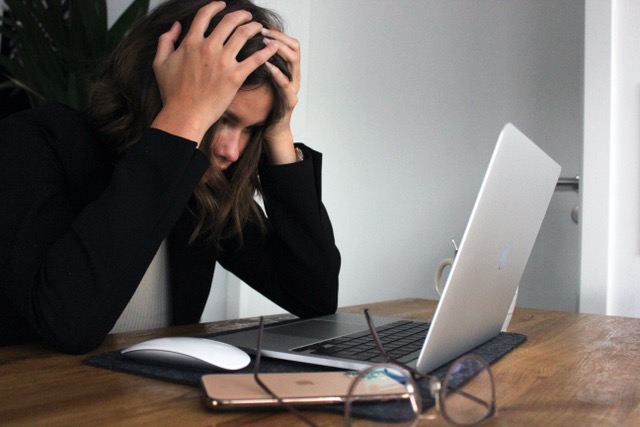
The Effects of Stress on Your Body By: Rane Wallace, MS, LPC, LCDC, SAP Are you feeling stressed out? Overwhelmed? Increasingly anxious? If so, you
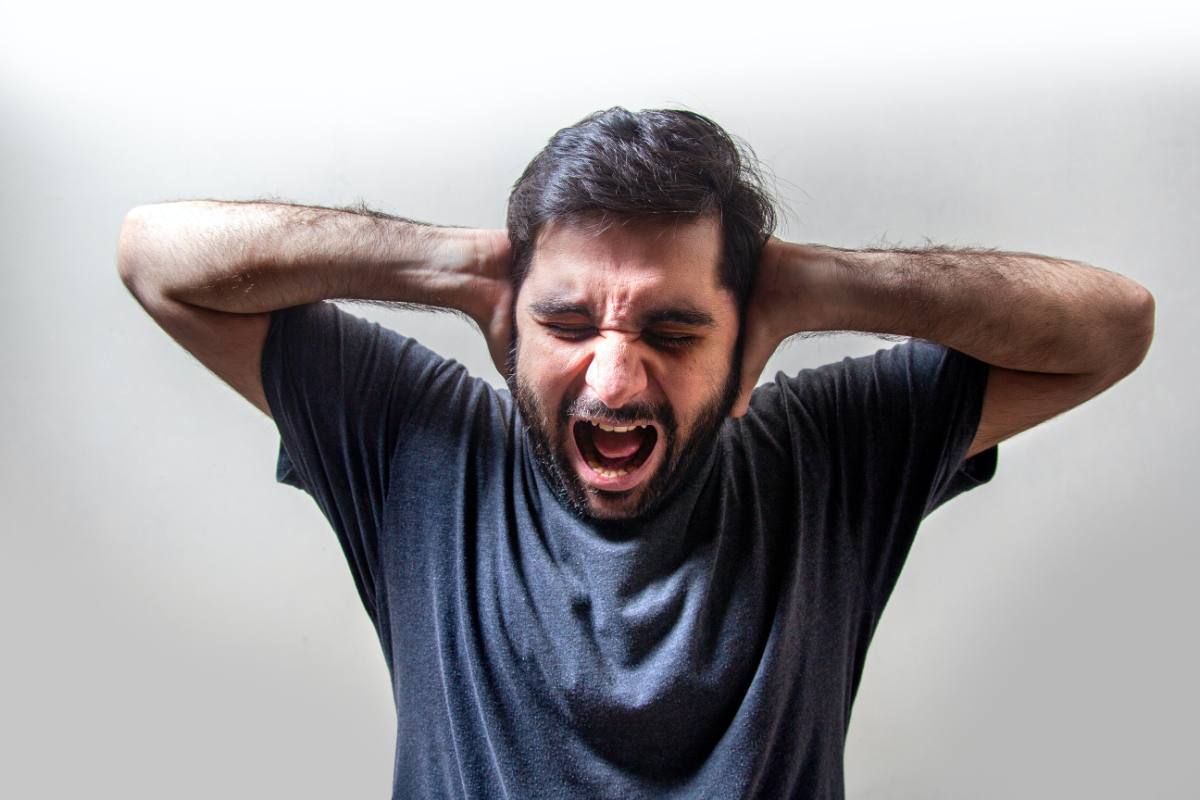
How to Stop a Panic Attack: 9 Strategies By: Rane Wallace, MS, LPC, LCDC, SAP If you’ve experienced a panic attack, then you know how

Does Working from Home Affect Your Mental Health? By: Rane Wallace, MS, LPC, LCDC, SAP Working from home can play a huge role on your

8 Signs You Are Addicted to Porn (And How It Ruins Relationships) By: Rane Wallace, MS, LPC, LCDC, SAP As a porn addiction therapist, I

Do I Need Therapy? 8 Signs You Should See a Therapist By: Rane Wallace, MS, LPC, LCDC, SAP Are you stuck in a rut and

8 Tips for How to Help Someone Depressed By: Rane Wallace, MS, LPC, LCDC, SAP Are you wanting to know how to help someone depressed?

15 Coping Skills for Stress Management By: Rane Wallace, MS, LPC, LCDC, SAP While I hate to say it, stress is something that will pretty
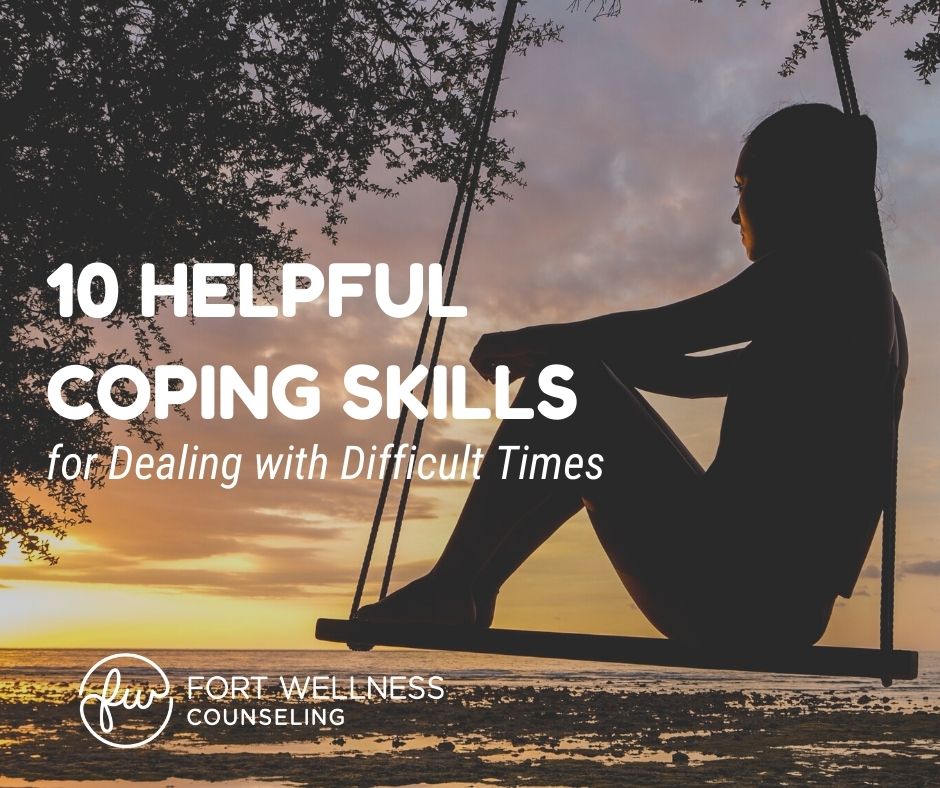
10 Helpful Coping Skills for Dealing with Difficult Times By: Rane Wallace, MS, LPC, LCDC, SAP Attending individual counseling sessions with a therapist can help
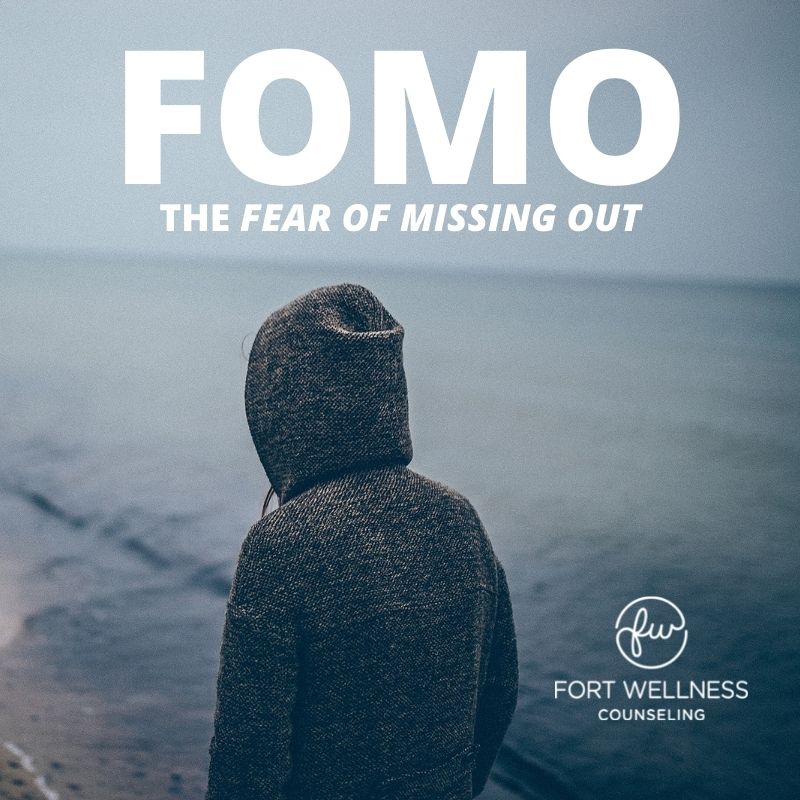
8 Tips for Coping with FOMO – The Fear of Missing Out By: Rane Wallace, MS, LPC, LCDC, SAP In this article, I’m going to
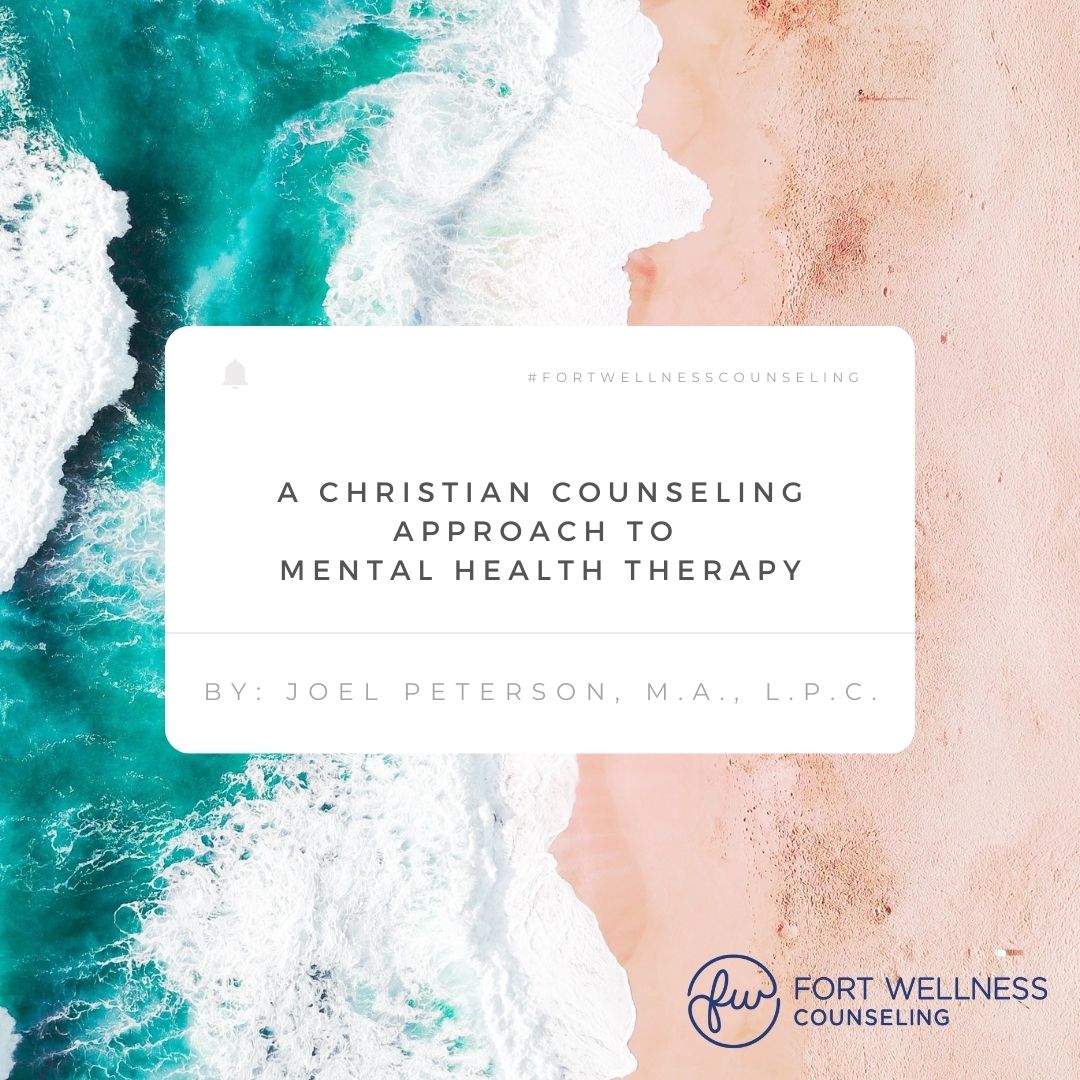
A Christian Counseling Approach to Mental Health Therapy Guest Post by Joel Peterson, M.A., L.P.C. What is mental health? Achieving your goals? Mental health and
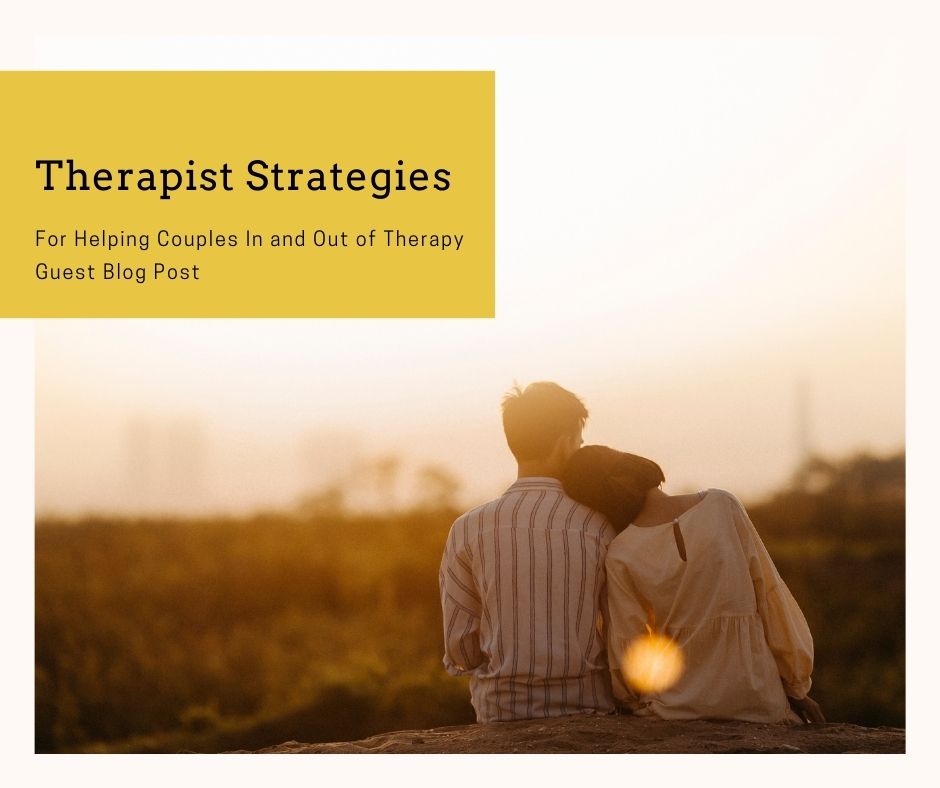
Strategies for Helping Couples In and Out of Therapy Guest Post by Zully Shultz, MS, LMFT As a relationship therapist and marriage counselor in Fort

Therapy with Fort Worth Therapists: Building Good Habits and Routines Rane Wallace, MS, LPC, LCDC, SAP Attending therapy with Fort Worth Therapists can help you
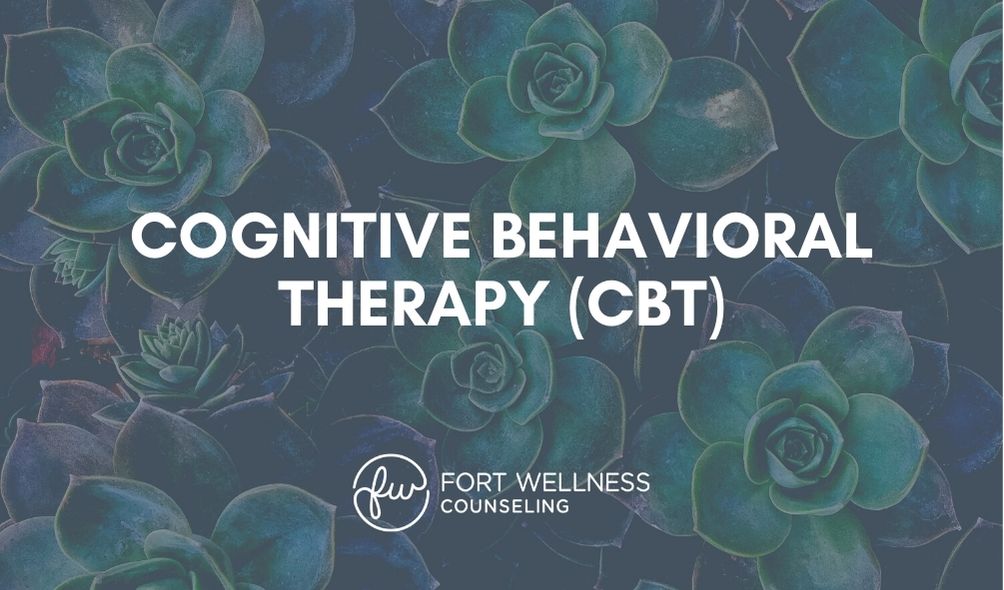
A Guide to Cognitive Behavioral Therapy and Common Techniques Rane Wallace, MS, LPC, LCDC, SAP In this article, I’ll briefly discuss what Cognitive Behavioral Therapy
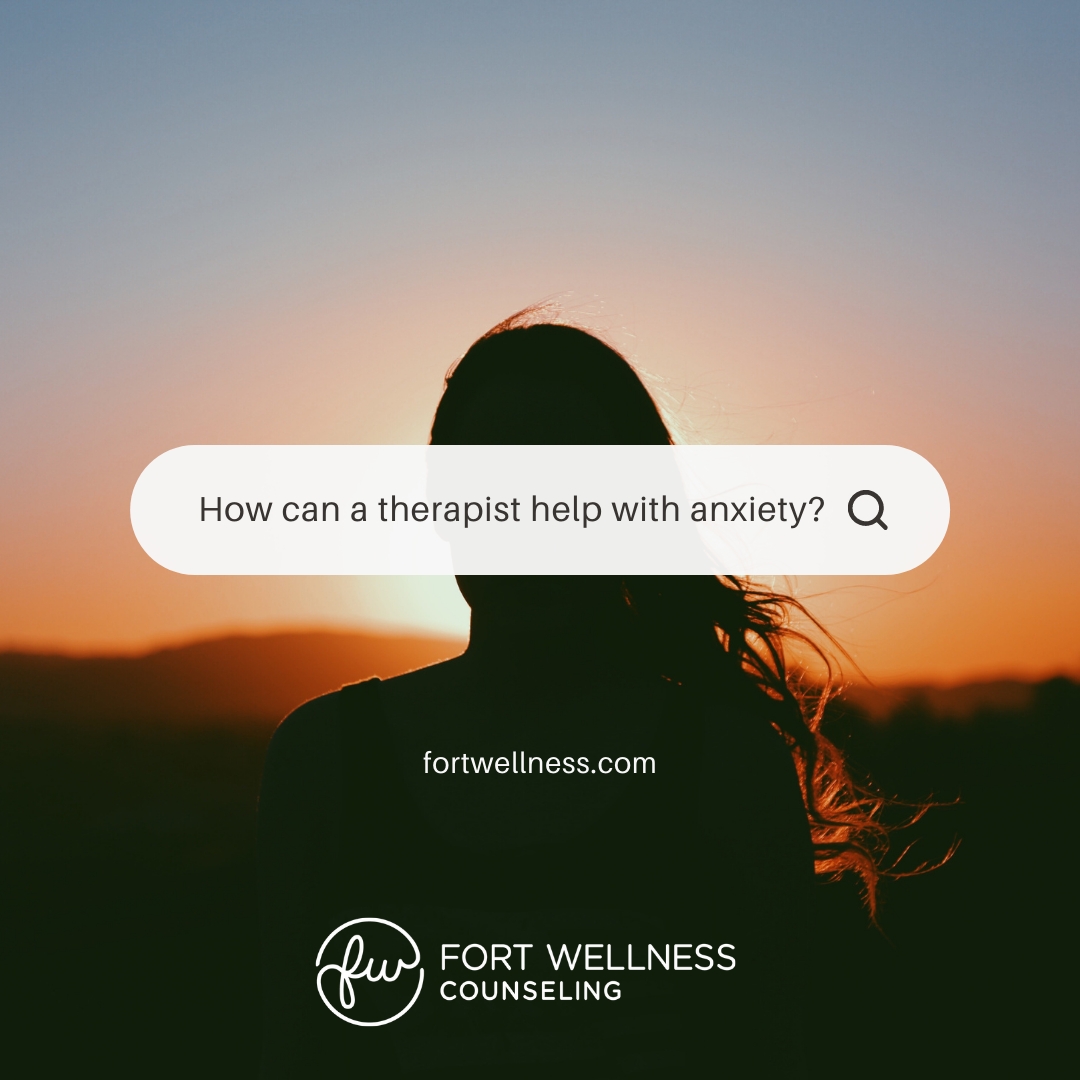
How Therapists Can Help You With Anxiety Rane Wallace, MS, LPC, LCDC, SAP In this article, I’ll discuss what anxiety is and list 4 of
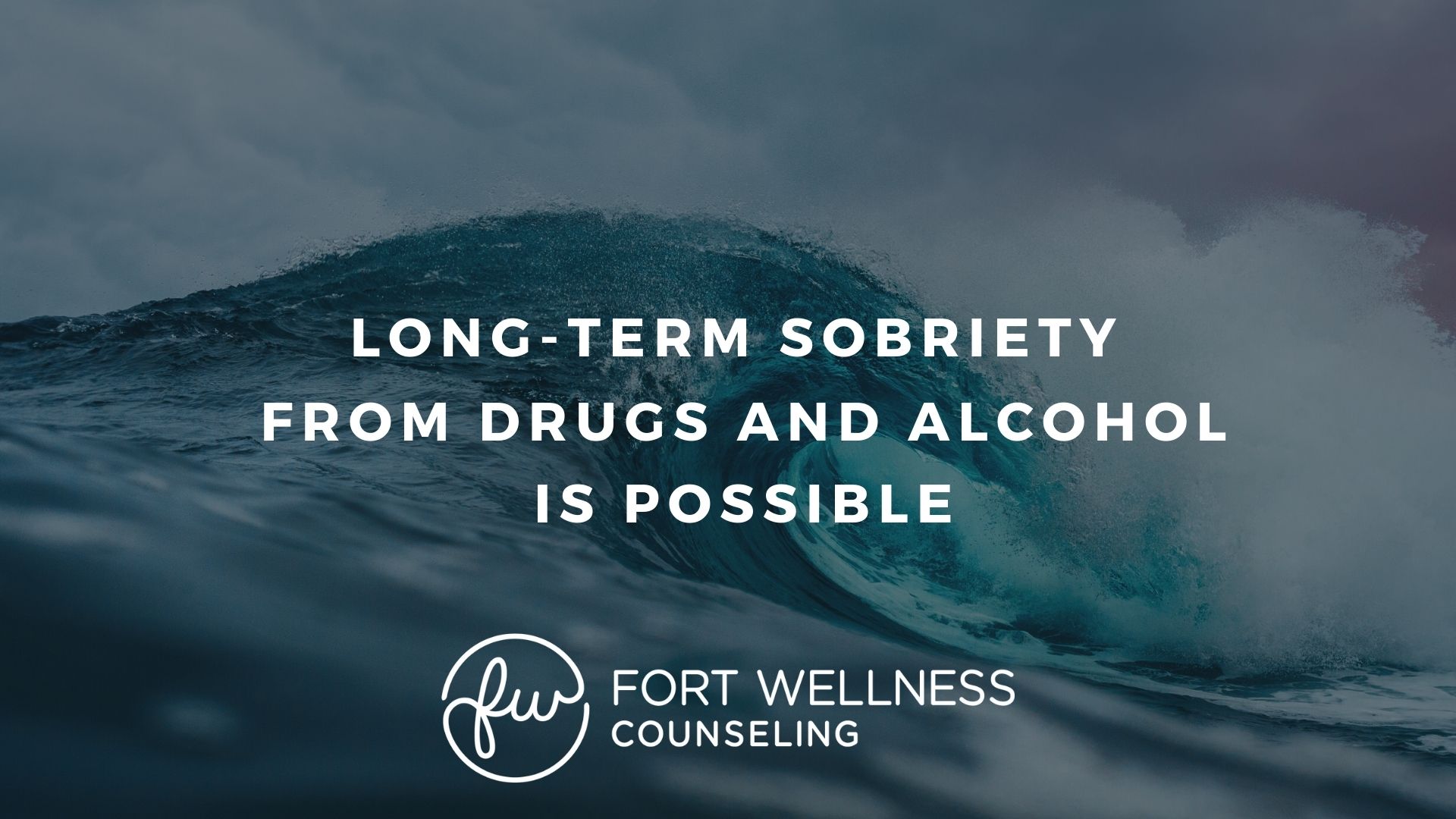
Recovering from Drugs and Alcohol – Maintaining Sobriety in Fort Worth Guest Post by Neal Williams Today, I want to discuss the topic of Recovery.
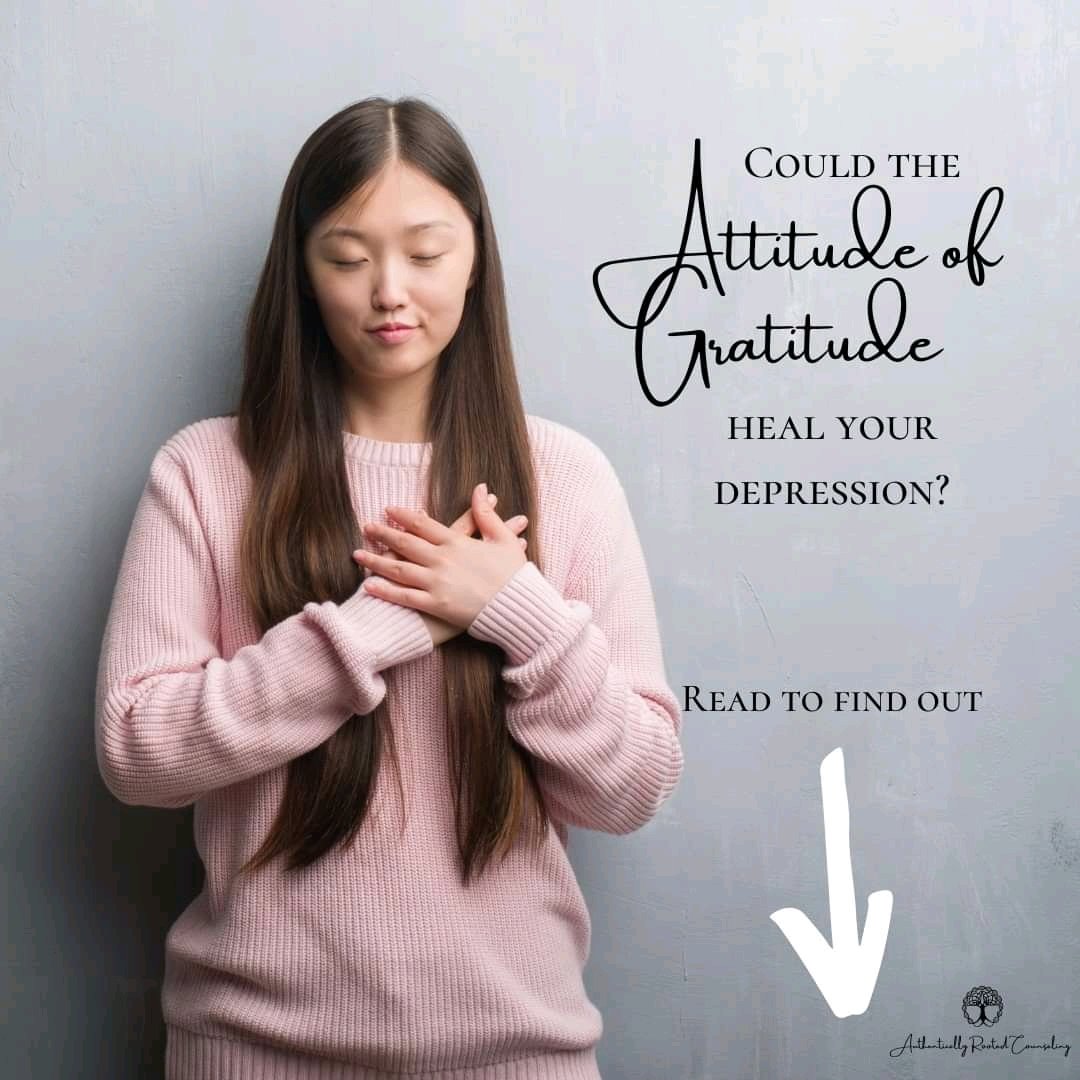
Thanksgiving and Gratitude – Fort Worth Therapy Facts Guest Post by Amanda Averbeck, MS, LMFT-Associate I often see social media posts for 30 days of

The Continuum of Addiction and When to Reach Out For Help Rane Wallace, MS, LPC, LCDC, SAP Many people have a difficult time truly understanding

Helpful Things to Know About Depression Rane Wallace, MS, LPC, LCDC, SAP In this article, I’ll define what depression is and summarize the most common

When Should I Attend Therapy with Therapists in Fort Worth? Rane Wallace, MS, LPC, LCDC, SAP Are you not sure if you should attend therapy

How to Find Therapists in Fort Worth for Individual Counseling and Therapy Services Rane Wallace, MS, LPC, LCDC, SAP Do you want to find counselors

What to Expect at Your First Session of Therapy at Fort Wellness Counseling with Our Fort Worth Based Therapist and Counselor Part 3 of 3

The Benefits of Attending Therapy with a Counselor and Therapist in Fort Worth, TX Part 2 of 3 Rane Wallace, MS, LPC, LCDC, SAP What

What is Counseling, Mental Health Therapy, Psychotherapy and Talk Therapy? Part 1 of 3 Rane Wallace, MS, LPC, LCDC, SAP Part 1: What is counseling?